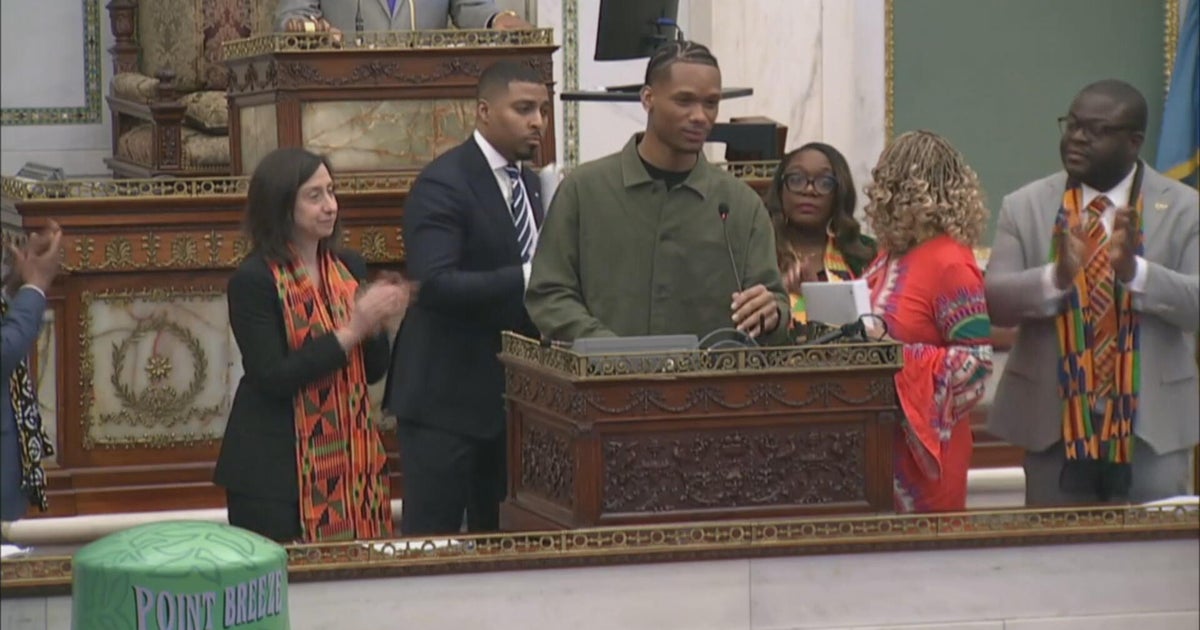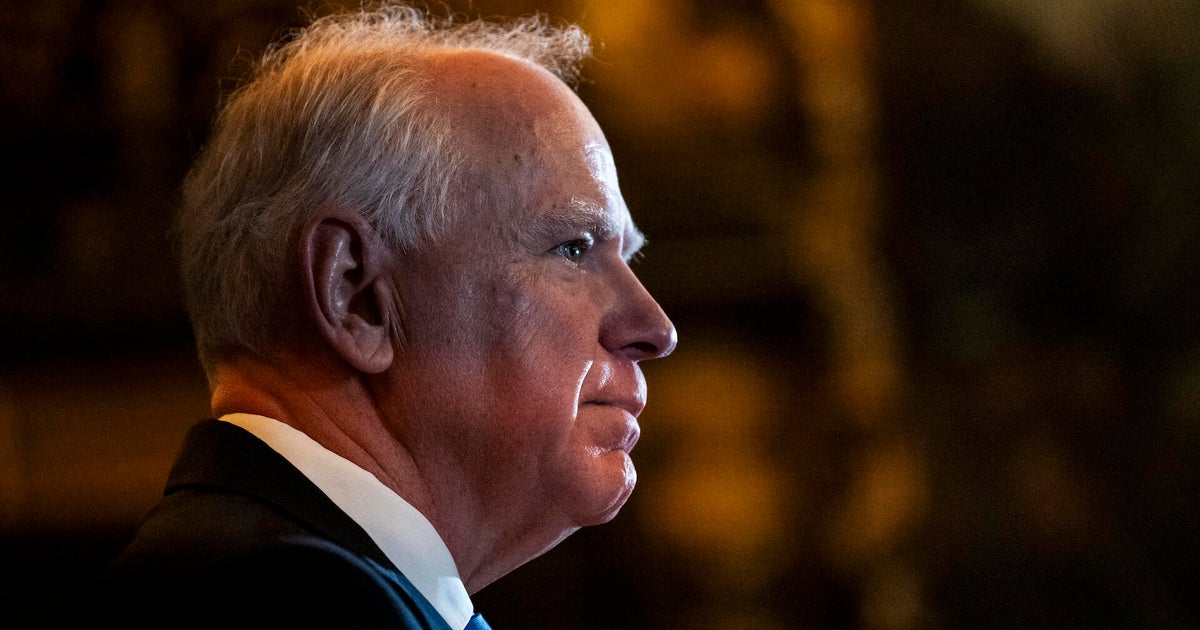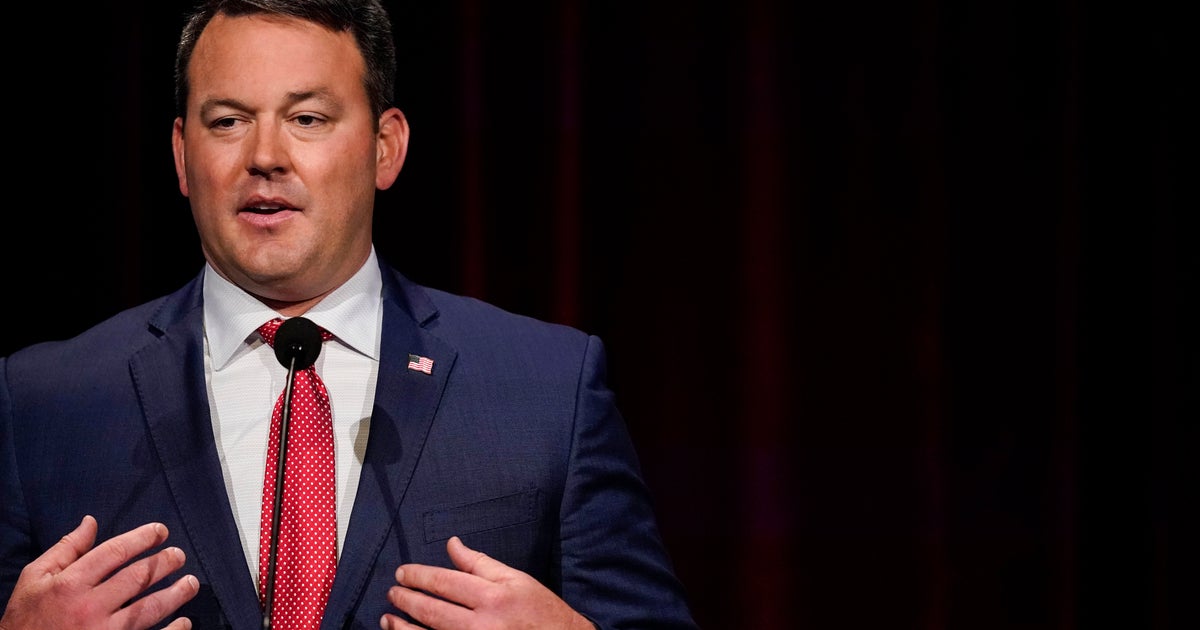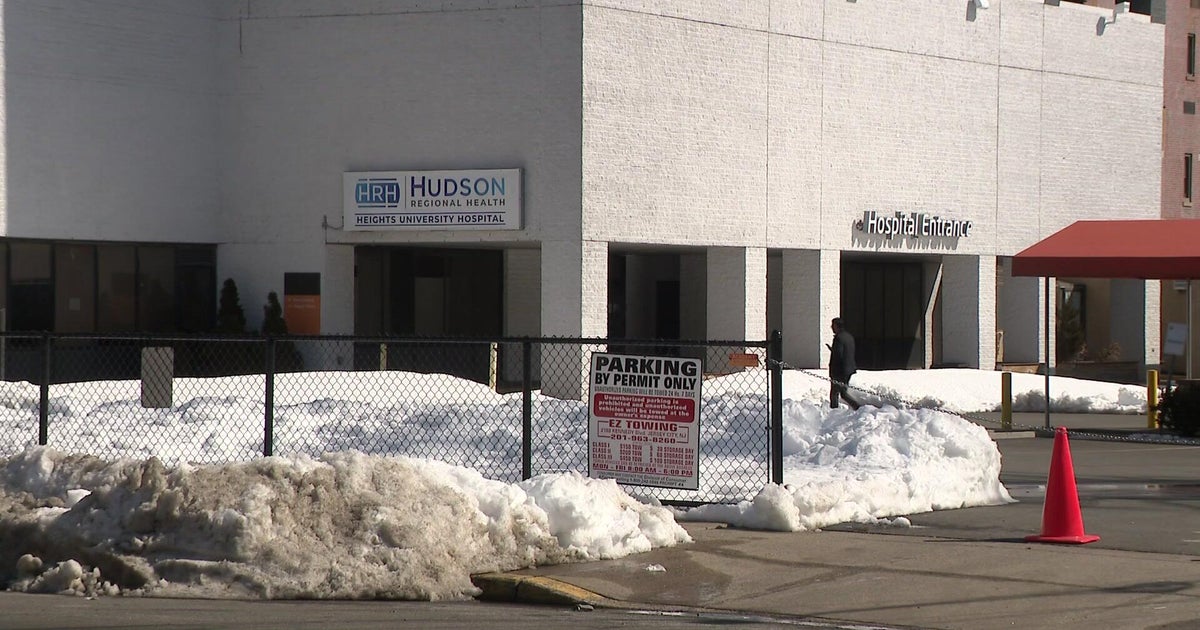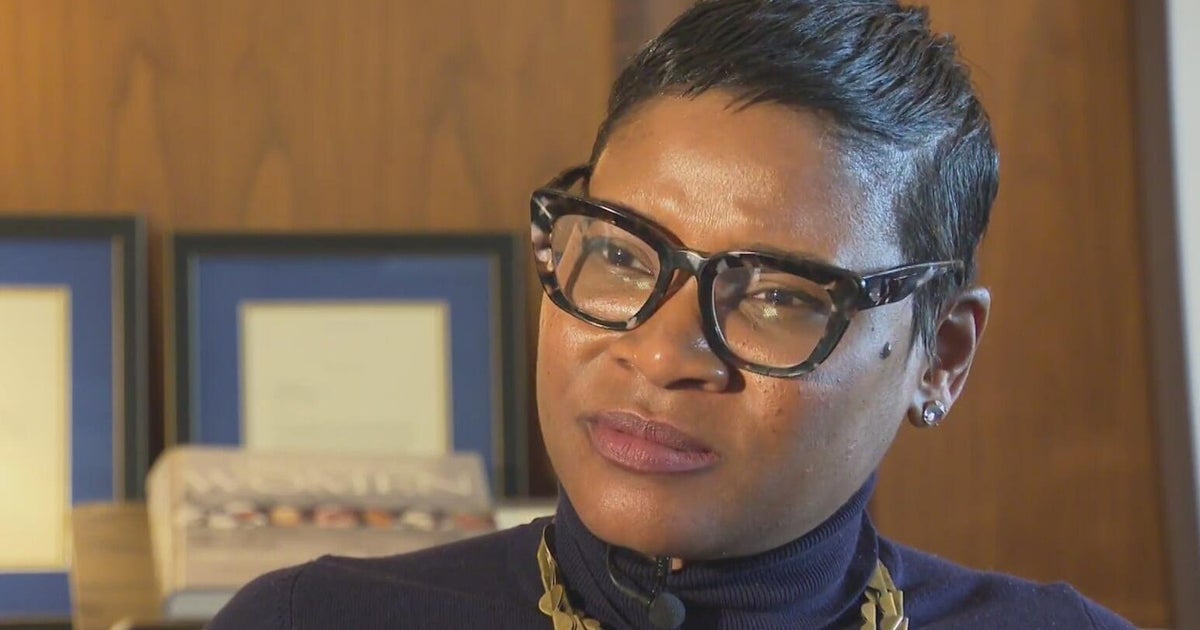Bi-Partisan Work Underway In Minn. Health Care
ST. PAUL, Minn. (AP/WCCO) -- A bipartisan group of Minnesota lawmakers unveiled preliminary plans on Wednesday for the state health insurance exchange that will be a key piece of carrying out the federal health care overhaul.
Lawmakers said during a news conference at the Capitol that they expect about 1.2 million Minnesotans — or one out of five — to obtain health care through the exchange, an online marketplace that will offer the uninsured an opportunity to compare and shop for private coverage. Federal subsidies also will be available for those purchases, depending on the income of the person getting coverage.
State Sen. Tony Lourey, DFL-Kerrick, said about 300,000 of the total number of people who will use the exchange are currently uninsured. Lawmakers say they also hope it will significantly reduce health insurance expenses for small businesses; more than 200,000 small business employees are expected to access insurance coverage through the exchange.
"Adding 300,000 people to the insurance rolls is a huge change," said Rep. Tom Huntley, DFL-Duluth. "This is, I believe, the most important moment in health care history since 1965 when they came up with Medicaid and Medicare."
The effort to assemble Minnesota's exchange will be one of the first major issues for lawmakers to tackle as the 2013 legislative session gets up and running. The exchange legislation is the first state Senate bill of the session to be filed, and lawmakers said they would start hearings on it next week. In order to meet federal deadlines, lawmakers must pass the bill before they break for a week at the end of March. Enrollment is targeted to start on Oct. 1 of this year.
While the exchange will primarily be accessed online, lawmakers said they would come up with ways for people without Internet access to use the system.
Minnesota must pay to start and run its exchange, but the federal government is supposed to bear the cost of helping cover the uninsured. Bill sponsors said the state's operating costs, projected to be $92 million for the first two years and then drop to $56 million a year, would likely be covered by a 2.5 percent withholding on coverage premiums.
The rollout of the exchanges has been accompanied by the same controversy that has dogged the federal health care overhaul successfully pushed by President Barack Obama in his first term. A number of states with Republican governors and legislative majorities have declined to form their own exchanges, leaving the job to the federal government.
Several Minnesota Republican lawmakers said while they opposed Obama's legislation, they believe that policymakers in the state can do a better job of formulating and operating the system than their counterparts in Washington.
"When someone out there needs help with this, I'd rather they be calling a 651 number as opposed to a 202 number," said Rep. Greg Davids, R-Preston, a co-sponsor of the bill.
Said Jim Abeler: "I am not a fan of the Affordable Care Act. I did not support the exchange. I was hoping it might change, but it did not ... I come to you as a pragmatist trying to make this the best that it can be."
(TM and © Copyright 2013 CBS Radio Inc. and its relevant subsidiaries. CBS RADIO and EYE Logo TM and Copyright 2012 CBS Broadcasting Inc. Used under license. All Rights Reserved.This material may not be published, broadcast, rewritten, or redistributed. The Associated Press contributed to this report.)
